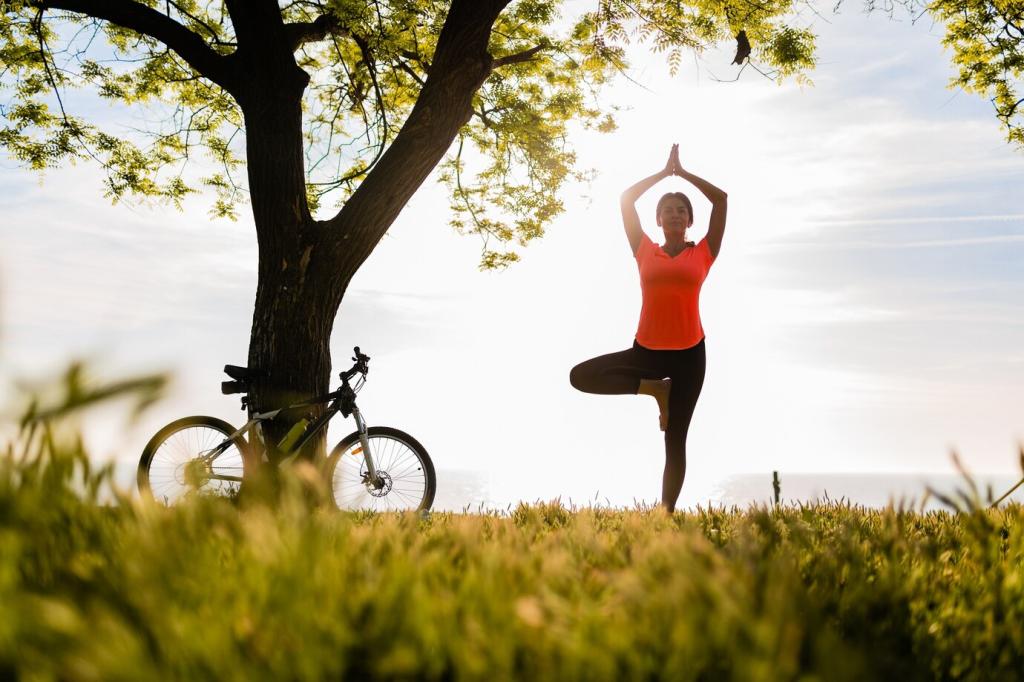Screening, Self-Checks, and When to Seek Help
Rate mood, anxiety, sleep, interest, and energy from one to ten. Track trends, not perfection. If numbers slide for two weeks, plan a supportive step. Post your preferred check-in day to keep yourself accountable and encourage another reader to join you.
Screening, Self-Checks, and When to Seek Help
Brief screeners like PHQ-9 or GAD-7 can flag patterns but do not diagnose on their own. Use results to start conversations with clinicians or trusted mentors. Save this reminder: scores guide, people decide, and compassionate follow-up makes the difference.





